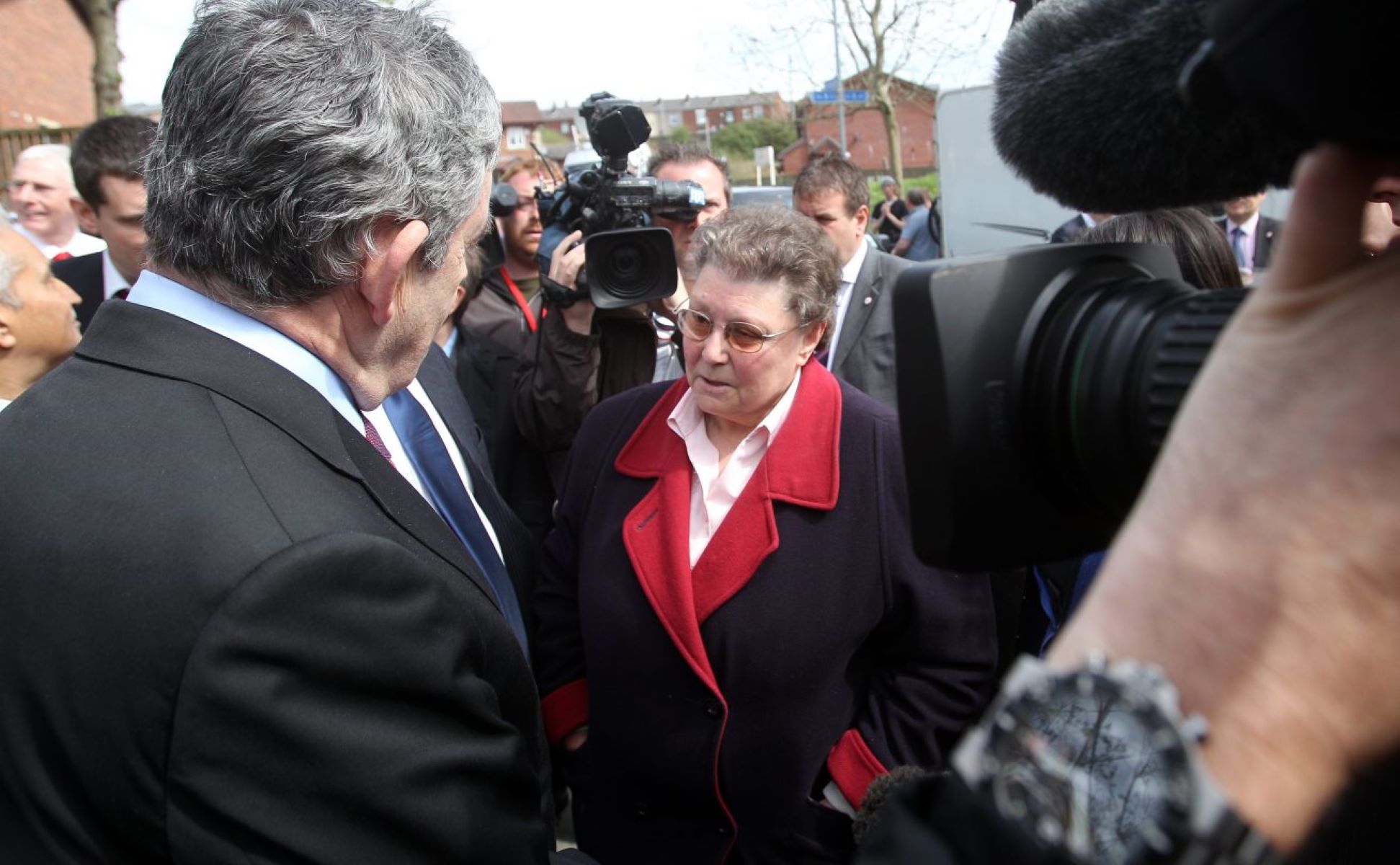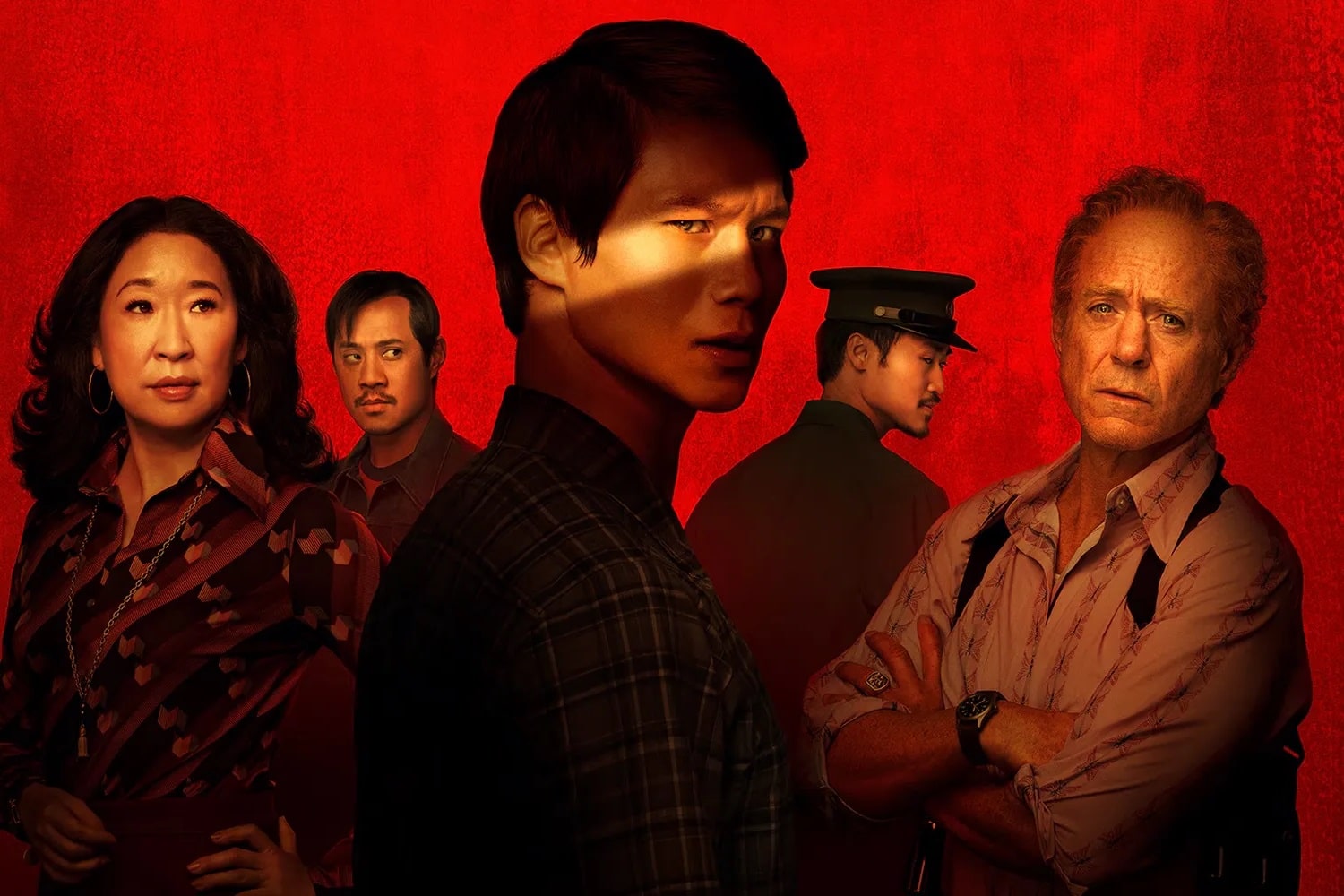
Bigotgate was a major political scandal during the 2011 United Kingdom general election. It all started when Conservative Party leader David Cameron made some off-the-cuff remarks that were caught on camera by a journalist from the Daily Telegraph. These comments, which included calling a voter a "bigot" for expressing concerns about immigration, quickly went viral. The incident highlighted the stark contrast between politicians' public personas and their private views. It also sparked widespread outrage and significant political backlash, raising questions about Cameron's ability to connect with ordinary voters. This event remains a significant moment in British political history, symbolizing the tension between public image and genuine empathy.
What is Bigotgate?
Bigotgate is a term that emerged during the 2011 United Kingdom general election. It refers to a series of comments made by Conservative Party leader David Cameron. These remarks were captured on camera by a journalist from the Daily Telegraph, revealing a more candid and sometimes derogatory side of Cameron's personality. The incident became a significant moment in British politics, highlighting the tension between politicians' public personas and their private views.
Key Facts About Bigotgate
Let's dive into the key facts that make Bigotgate a notable event in British political history.
-
Incident Date: The Bigotgate incident occurred on May 10, 2011, during a campaign visit to a market in Nottingham, England.
-
Setting: The event took place at a market stall where Cameron was attempting to engage with voters. He was accompanied by his wife, Samantha Cameron, and other campaign staff.
-
Journalist Involvement: The Daily Telegraph journalist, Graeme Wilson, was present at the event and captured the comments on camera.
-
Content of Comments: In the video, Cameron was overheard making derogatory remarks about a voter who had questioned him about immigration. He referred to the voter as a "bigot" for expressing concerns about immigration.
-
Context of Remarks: The voter had asked Cameron about his stance on immigration, specifically mentioning that she did not want immigrants in the UK. Cameron responded by saying, "I think it's a pretty racist thing to say."
Public and Political Reaction
The incident quickly gained traction, leading to a wave of reactions from the public and political circles.
-
Public Reaction: The video was quickly picked up by the media and sparked widespread outrage. Many people felt that Cameron's comments were dismissive and condescending towards the voter's concerns.
-
Political Backlash: The incident led to significant political backlash against Cameron and the Conservative Party. Critics argued that his remarks demonstrated a lack of understanding and empathy for ordinary people's concerns.
-
Media Coverage: The story dominated headlines in the UK for several days, with many newspapers and television channels covering the incident extensively.
-
Social Media Impact: Social media platforms like Twitter and Facebook were filled with discussions and reactions to the video. The hashtag #Bigotgate trended on Twitter, with many users expressing their outrage and disappointment.
-
Cameron's Response: Initially, Cameron attempted to downplay the incident, suggesting that the video had been taken out of context. However, as more details emerged, he eventually acknowledged that his comments were inappropriate.
Consequences for the Conservative Party
The fallout from Bigotgate had lasting effects on Cameron and his party.
-
Party Reaction: The Conservative Party also faced criticism for its handling of the situation. Some party members defended Cameron's remarks, while others called for him to apologize more sincerely.
-
Samantha Cameron's Role: Samantha Cameron was present during the incident and was seen trying to intervene. However, her efforts did not seem to mitigate the damage caused by her husband's comments.
-
Impact on Election Campaign: The Bigotgate incident had a significant impact on the 2011 general election campaign. It raised questions about Cameron's ability to connect with ordinary voters and his understanding of their concerns.
-
Voter Perception: The incident likely affected how some voters perceived Cameron and the Conservative Party. It reinforced the perception that politicians were out of touch with everyday people's issues.
-
Media Analysis: The media extensively analyzed the incident, discussing its implications for British politics and Cameron's leadership style. Some argued that it highlighted a disconnect between politicians and their constituents.
Broader Implications
Bigotgate wasn't just about one comment; it reflected broader societal and political issues.
-
Historical Context: Bigotgate occurred during a time when immigration was a highly contentious issue in the UK. The voter's concerns about immigration were not unique but reflected broader societal anxieties.
-
Cameron's Leadership Style: The incident was seen by some as reflective of Cameron's leadership style, which was criticized for being overly polished and detached from real-world issues.
-
Public Apology: Eventually, Cameron issued a public apology for his comments, acknowledging that they were inappropriate and regrettable.
-
Long-term Consequences: The Bigotgate incident had long-term consequences for Cameron and the Conservative Party. It contributed to a perception that they were not genuinely concerned with addressing the economic and social issues faced by ordinary people.
-
Legacy in British Politics: Bigotgate remains a significant moment in British political history, symbolizing the tension between politicians' public personas and their private views. It serves as a reminder of the importance of empathy and understanding in political discourse.
Lessons from Bigotgate
Bigotgate was a wake-up call for British politics. David Cameron's offhand comments, caught on camera, revealed the gap between politicians' public personas and private thoughts. The incident, happening during the 2011 UK general election, showed how quickly a single moment can shift public perception. Cameron's remarks about a voter's concerns on immigration sparked outrage, highlighting the importance of empathy in political discourse. The backlash was swift, affecting the Conservative Party's image and Cameron's credibility. Social media amplified the incident, making it a hot topic nationwide. Eventually, Cameron apologized, but the damage was done. Bigotgate serves as a reminder that authenticity and understanding are crucial in politics. Politicians must genuinely connect with voters, addressing their concerns without dismissiveness. This incident remains a significant moment in British political history, emphasizing the need for genuine communication and empathy.
Was this page helpful?
Our commitment to delivering trustworthy and engaging content is at the heart of what we do. Each fact on our site is contributed by real users like you, bringing a wealth of diverse insights and information. To ensure the highest standards of accuracy and reliability, our dedicated editors meticulously review each submission. This process guarantees that the facts we share are not only fascinating but also credible. Trust in our commitment to quality and authenticity as you explore and learn with us.


